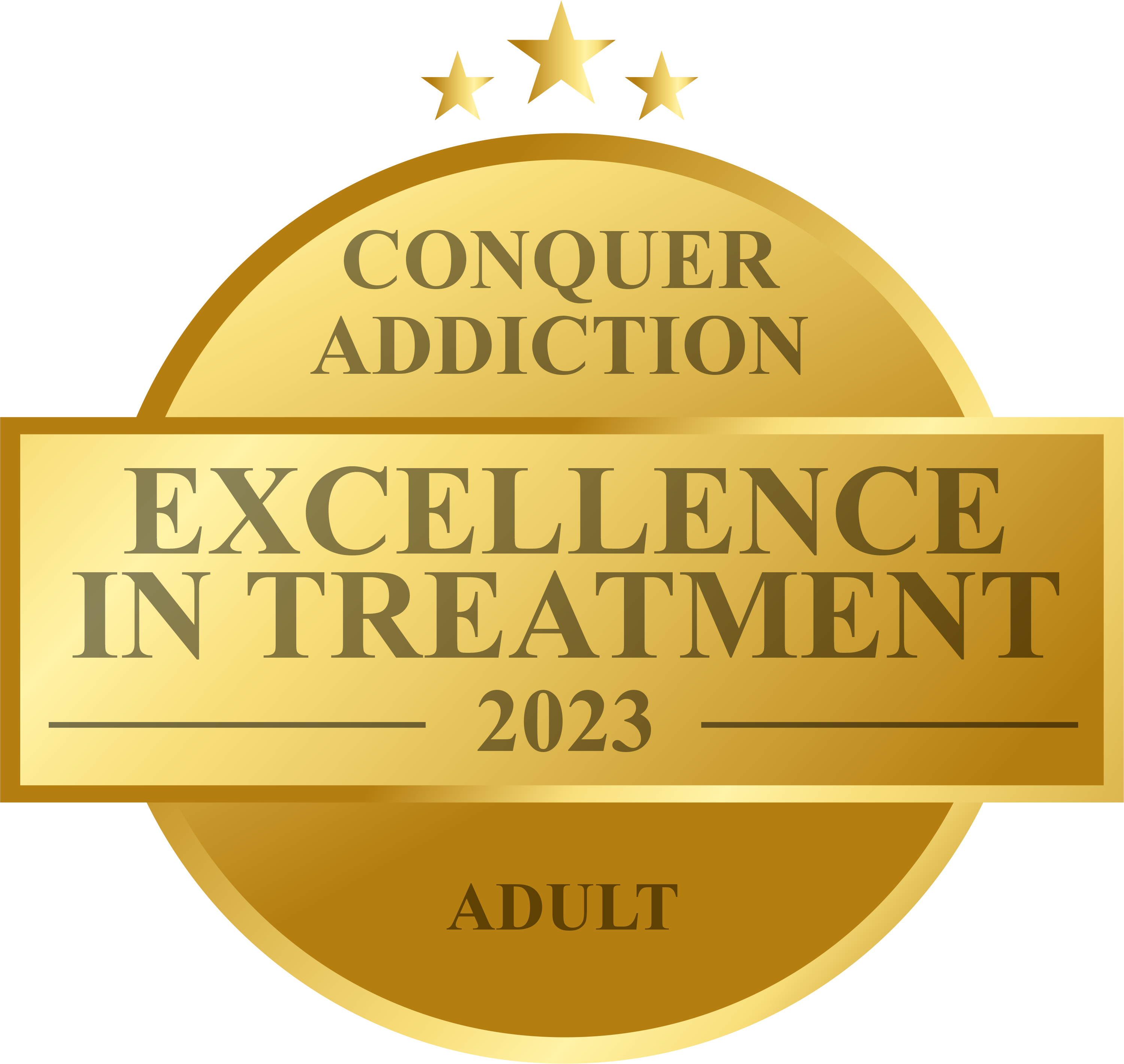
Addiction is an absolutely trying part of the human experience. This behavioral disease is the most imminent public health problem of our time, and addiction should be challenged and fought on every front. However, this isn’t accomplished through ostracization or the belittlement of people who fall under the sway of addiction. Instead, fighting addiction is done through human connection. Addiction thrives on alienation, and we can do so much to undermine its hold when we recognize that being there for the people who have suffered from substance abuse. In that spirit, here are some things to remember when supporting a loved one through addiction…
Always be ready to listen
In order to eliminate the cloud of alienation that helps addiction thrive, the first thing that we need to do for our loved ones with addiction is simply be willing to listen to them. When you learn that a person you care so much about has gotten stuck in a pattern of addiction, it makes sense that you might be angry or upset. However, it’s important to shelve those feelings, at least for a little bit, in order to listen to their story and make an attempt to understand what they are going through, to some extent.
Understand that recovery is a process
One of the most common misunderstandings that people have about addiction when they learn that someone they love is suffering from it is that it is a simple decision to just stop. Addiction, however, works by reconfiguring your brain’s reward system, and is far more complex to navigate than by assigning a simple moral judgement to the problem. Take a breath and understand that addiction recovery is a process that takes time and support. Just by accepting this realization, you’ll have done wonders towards helping your loved one.
Always advocate for treatment
One mistake that many addicts make, even when they want to get better, is assume that they can stop on their own. While there are always examples of people who have been able to stop the cycle of substance abuse on their own, it is far safer to seek out treatment and professional help for recovery from addiction. As somebody who loves this person, you should always be an advocate for this route, which yields the safest and best odds of true and lasting recovery.






Comment